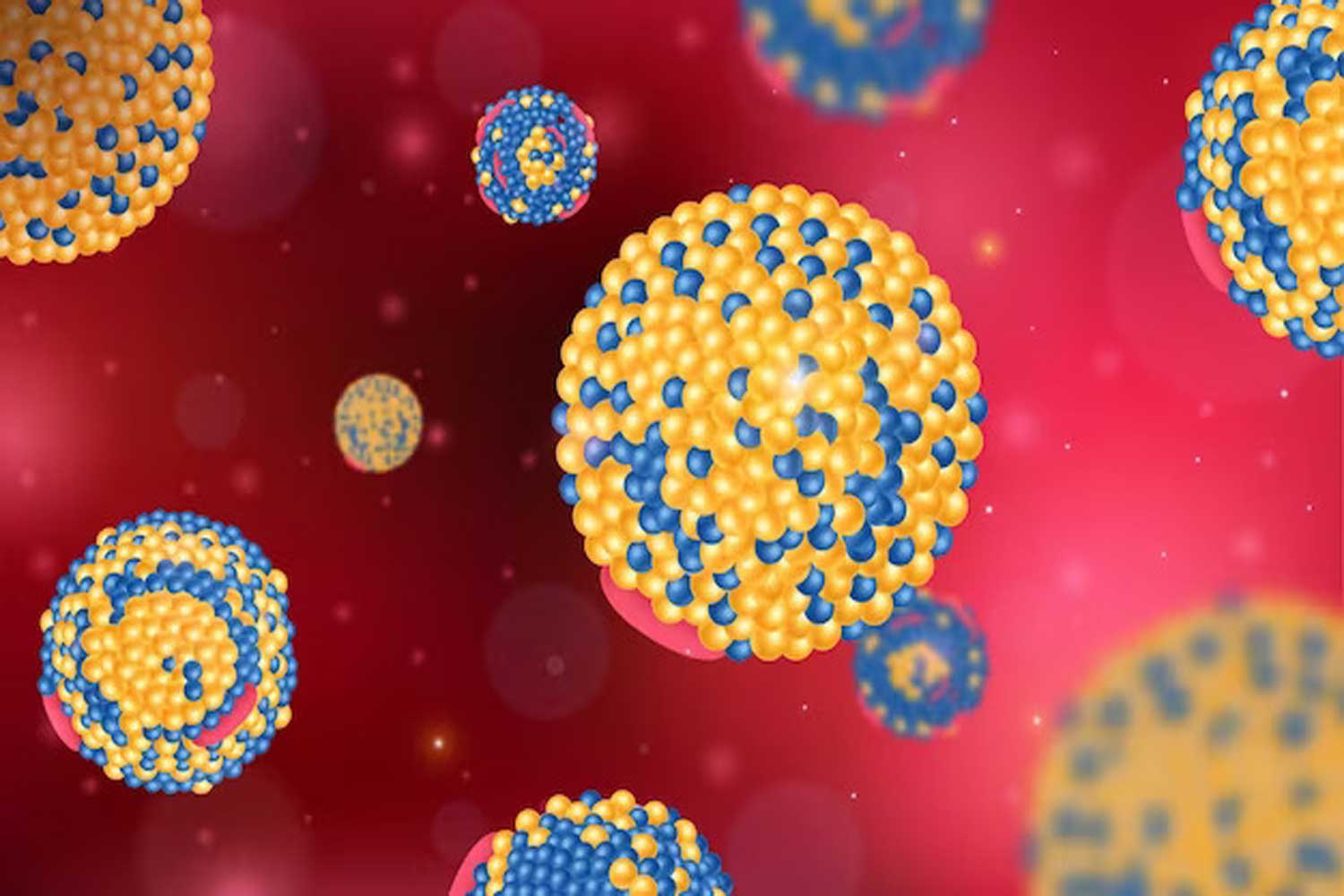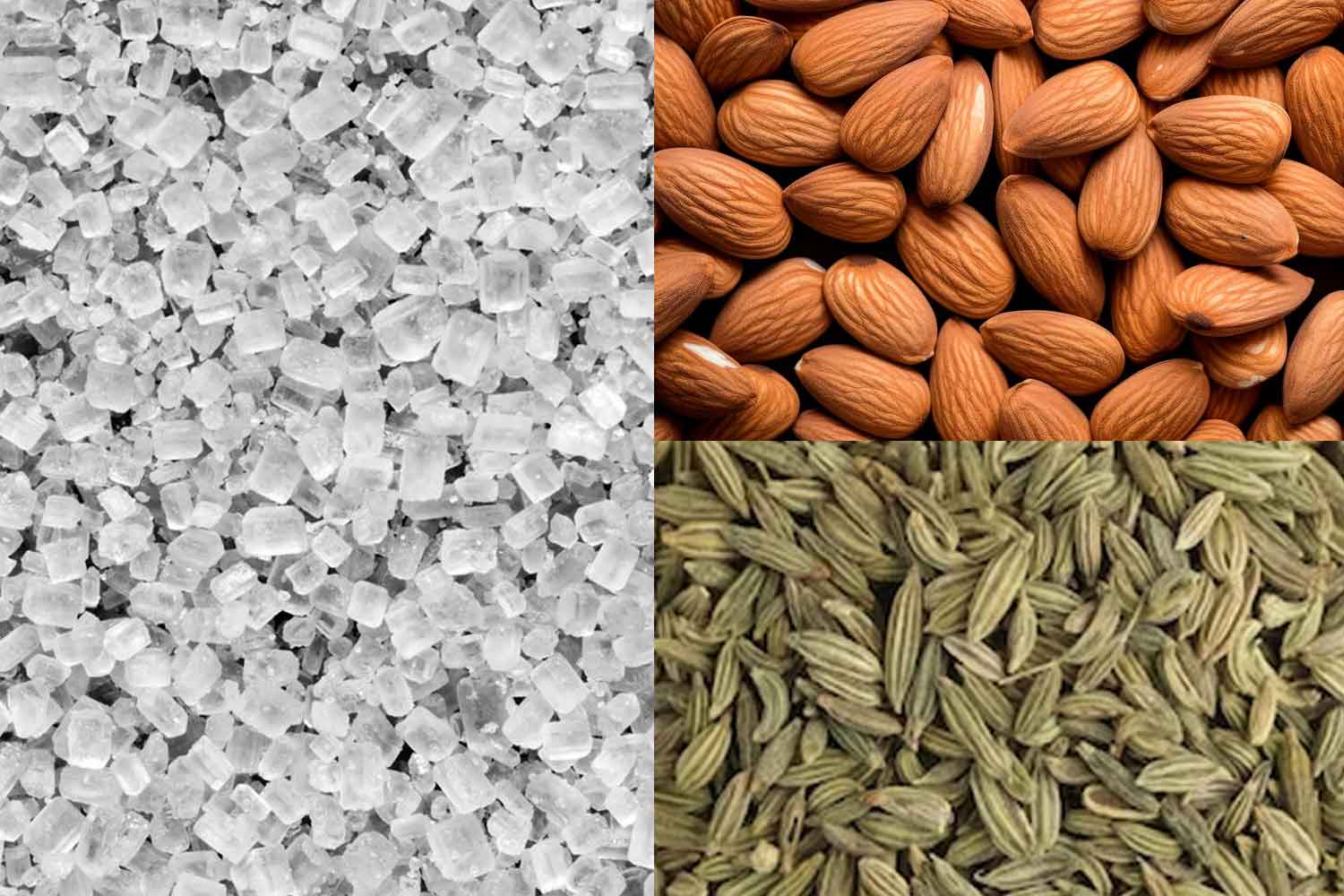Triglycerides and cholesterol are essential components of blood fats, each serving distinct roles in the body. While cholesterol is crucial for cell strength, triglycerides provide energy. However, prolonged elevated levels of either can lead to health complications. Unlike cholesterol, the impact of elevated triglycerides on heart disease is not straightforward, yet they often signal an underlying problem.
Understanding Triglyceride Levels:
Normal triglyceride levels range from 40 to 250 mg/dl, with levels above 500 mg/dl considered high. Keeping levels below 150 mg/dl is optimal for cardiovascular health. Elevated triglycerides are often associated with low HDL cholesterol, signaling a potential risk for vascular disease.
1. Cut the Fat:
Reducing dietary fat is paramount in lowering triglycerides. Limiting fat intake to less than 30% of daily calories, with an ideal range of 20%, is recommended. Keeping saturated fats below 10% further supports heart health.
2. The Rice/Fruit Diet:
An unconventional yet effective approach is the rice/fruit diet, designed to drastically reduce fats from the blood. Although challenging, this low-fat, practically fat-free diet has shown rapid results, sometimes within a few days. However, such extreme measures should only be undertaken under a doctor’s supervision.
3. Gradual Fat Reduction:
A staged approach to fat reduction involves progressively lowering fat intake. Start at 30% of calories for a month, then adjust based on triglyceride level improvements. This method allows for a gradual transition, making it more sustainable.
4. Embrace Complex Carbohydrates:
Substituting complex carbohydrates for fats is a key strategy. Avoiding traditional cooking methods that add fats back into high-carb meals is crucial. Finding and preparing recipes for high-carb, low-fat dishes is essential for success.
5. Say No to Simple Carbs:
Simple carbohydrates, such as candy and sugary treats, contribute significantly to high triglyceride levels. Eliminating sweets from the diet is advised to support overall heart health.
6. Weight Management:
Even a modest weight loss can lead to a reduction in triglycerides. Maintaining a weight not more than 5-10% above the ideal is recommended, emphasizing the positive impact on triglyceride levels.
7. Exercise Matters:
Regular exercise plays a crucial role in lowering triglycerides. While the exact mechanisms are not fully understood, both weight loss and improved metabolism contribute to the positive effects. Consult with a healthcare professional before starting any exercise program.
8. Avoid Alcohol:
Identified as a significant contributor to elevated triglyceride levels, avoiding even small amounts of alcohol is advised for those aiming to reduce triglycerides.
In conclusion, tackling high triglycerides involves a multifaceted approach, from dietary adjustments and unconventional methods to weight management and regular exercise. By adopting these lifestyle changes, individuals can take proactive steps toward improving heart health.












